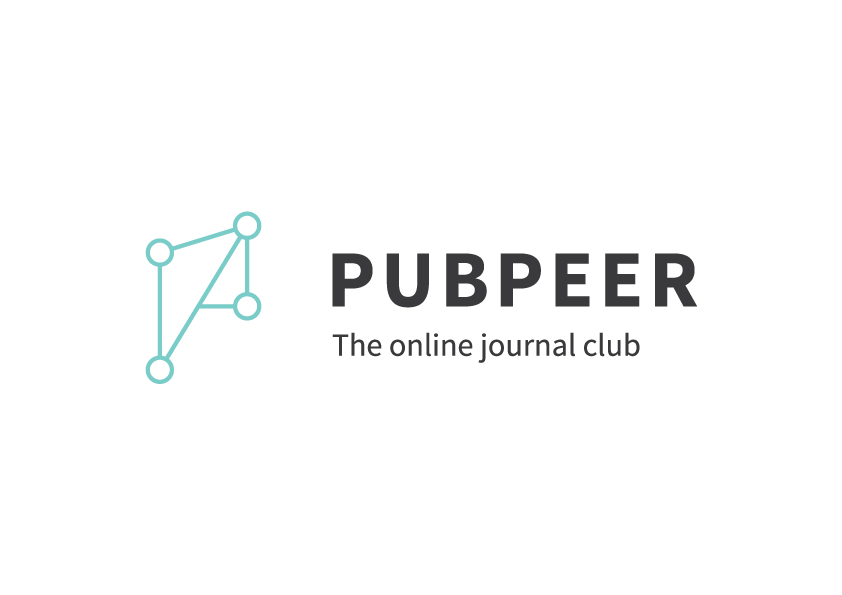 Since it launched in 2012, PubPeer has grown to become a standard part of the scientific lexicon, and its numerous post-publication discussions have led to more editorial notices than we can count. But it’s also faced its share of critics, including a scientist who took the site to court to unmask commenters he alleged had cost him a job offer. The site won that case on appeal, but is today launching new features that will make it impossible for the site to reveal users’ identities, as well as easier to read and format comments. We spoke with PubPeer co-founder Brandon Stell about what to expect from the new site.
Since it launched in 2012, PubPeer has grown to become a standard part of the scientific lexicon, and its numerous post-publication discussions have led to more editorial notices than we can count. But it’s also faced its share of critics, including a scientist who took the site to court to unmask commenters he alleged had cost him a job offer. The site won that case on appeal, but is today launching new features that will make it impossible for the site to reveal users’ identities, as well as easier to read and format comments. We spoke with PubPeer co-founder Brandon Stell about what to expect from the new site.
Retraction Watch: What changes have you introduced to the site?
Continue reading Meet PubPeer 2.0: New version of post-publication peer review site launches today
